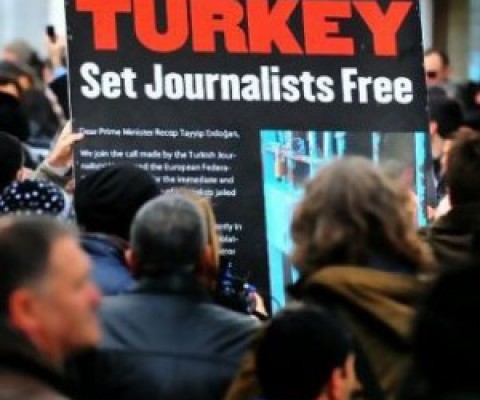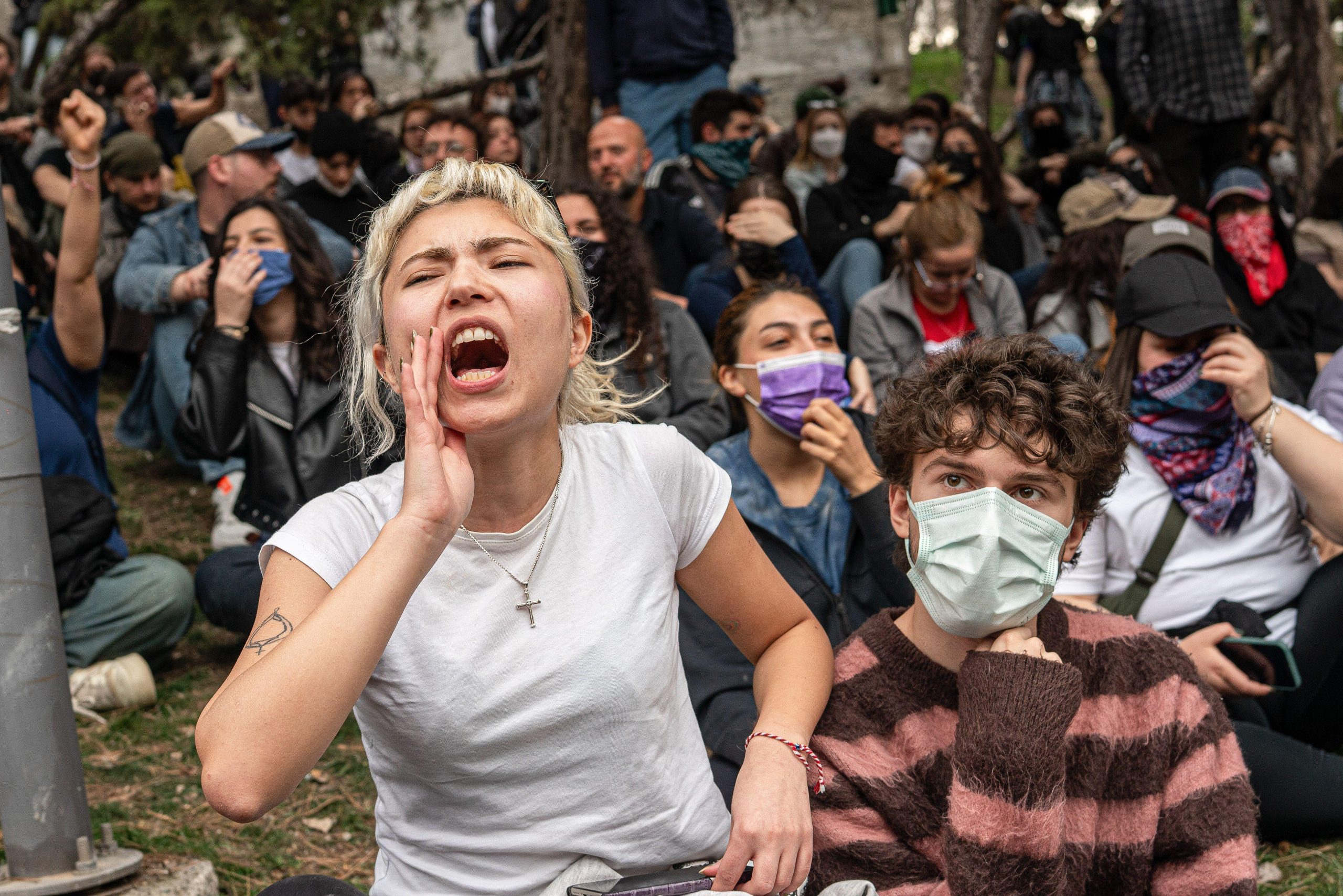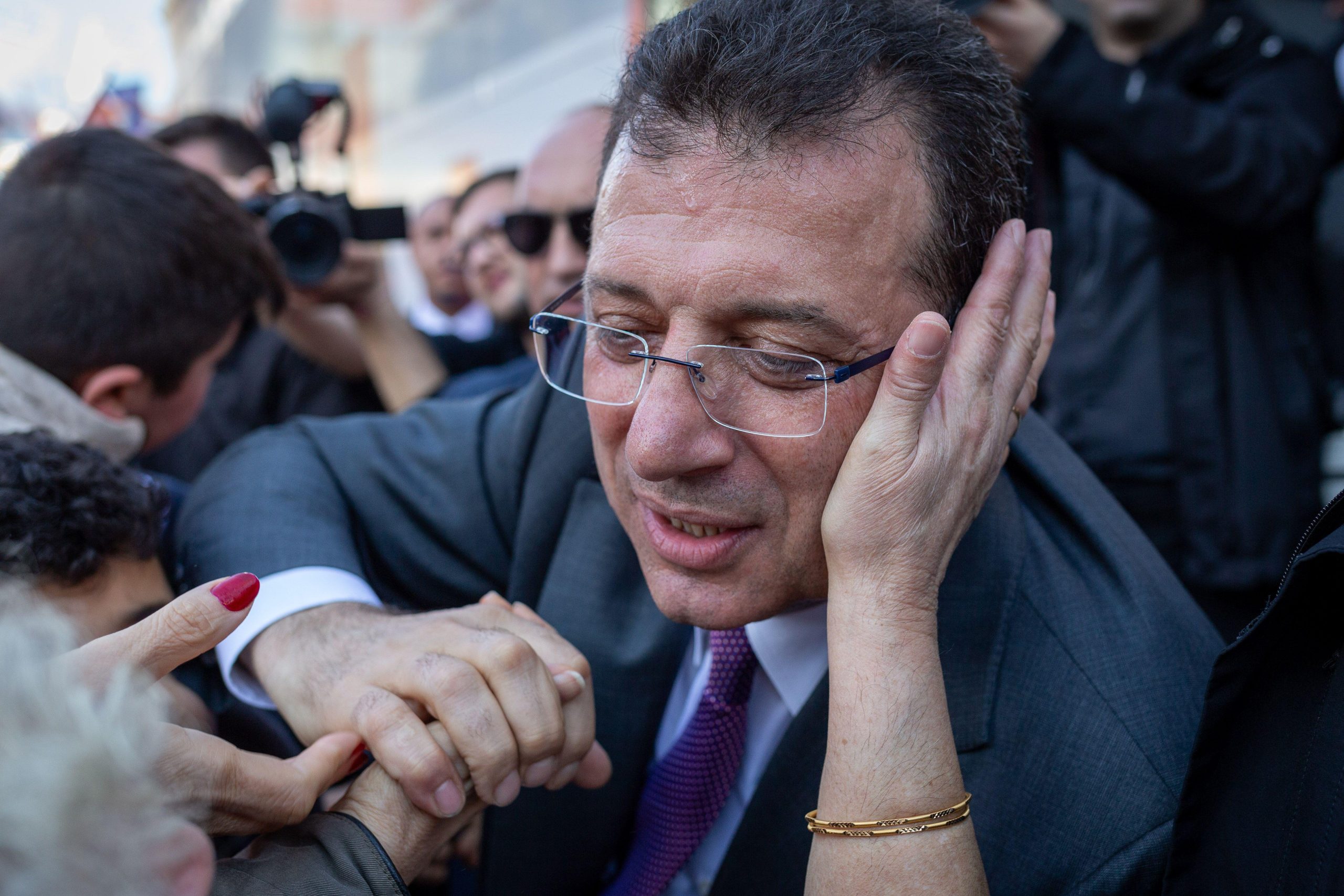Index on Censorship strongly condemns the recent wave of arrests and forced closures of media outlets in Turkey.
Over the last three days, Turkish authorities have utilised their powers under the state of emergency to shut down 15 pro-Kurdish media outlets and detain 13 journalists.
“The Turkish government’s latest attempt to silence journalists is confirming the ongoing crackdown on media freedom and throws light on the deteriorating environment for free speech in the country. Media outlets covering the Kurdish minority have been repeatedly targeted and these decrees indicate the authorities have no plans to let up the pressure,” Index’s senior advocacy officer, Melody Patry, said.
On 29 October the Turkish government adopted cabinet decrees No. 675 and 676 which ordered the shutdown of 10 pro-Kurdish newspapers, two news agencies and three magazines. The newspapers include: Özgür Gündem, Azadiya Welat, Batman Çağdaş, Cizre Postası, Güney Express, İdil Haber, Kızıltepe’nin Sesi, Prestij Haber, Urfanatik and Yüksekova Haber; The two pro-Kurdish news agencies were Dicle News Agency (DİHA) and Jin News Agency; and the three magazines shut down were Tiroji, Özgürlük Dünyası and Evrensel Kültür.
On 31 October 2016, 13 editors and journalists for independent newspaper Cumhuriyet were detained on terror charges in Istanbul. Those detained include Cumhuriyet editor-in-chief Murat Sabuncu, board executive and columnist Güray Öz, former editor-in-chief of the newspaper Aydın Engin, columnist Hikmet Çetinkaya, the editor-in-chief of the newspaper’s book supplement Turhan Günay, its publications advisor Kadri Gürsel – who is also the head of the International Press Institute’s Turkey office – and accountant Bülent Yener. Cumhuriyet Foundation’s board members Eser Sevinç, Hakan Kara, Musa Kart, Bülent Utku, Mustafa Kemal Güngör, Önder Çelik were also taken into custody.
Detention warrants were also issued for Cumhuriyet Foundation vice president Akın Atalay and board member Nebil Özgentürk, who are both currently out of the country.
Charges against the Cumhuriyet executives include publishing reports that legitimised the coup and management irregularities.
“News of journalists being arrested in Turkey have come in on a nearly daily basis since the start of the state of emergency,” said Hannah Machlin, Index’s project officer for Mapping Media Freedom. “The detentions of Cumhuriyet’s media workers constitute a blatant violation of press freedom that pushes Turkey further away from democratic values.”
Cumhuriyet has continually been harassed by the authorities. The now former editor-in-chief, Can Dundar survived a murder attempt last year and is facing a five-year prison term for “leaking state documents”. Dundar was forced to leave the country following the failed coup and his wife is currently under a travel ban.
With this most recent crackdown, the Platform for Independent Journalism P24 reports that a total of 168 media outlets have been shut down, 99 journalists have been imprisoned and over 2,500 media professionals have lost their jobs since the start of the state of emergency.






